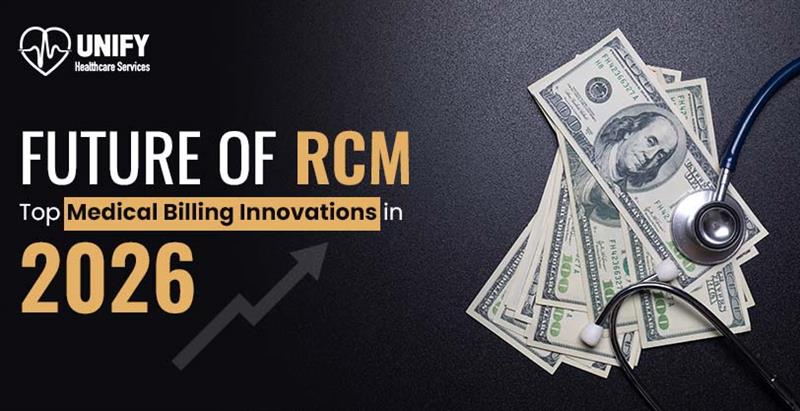The medical billing scenario in the US faces a critical issue of denial and lost payment when it comes to revenue cycle management. Patient care has become more and more complex with traditional Revenue Cycle Management. This makes having efficient RCM services by your side important. Hospitals lose around $20 billion in claim denials annually. Not every provider can afford to rely on manual and error-prone processes.
Artificial intelligence is the way to go with emerging technological advancements. It has already started to play its part in shaping Revenue Cycle Management. Healthcare providers who use AI can see enhanced efficiency in their clean claim rates which reduces administrative costs by 8-30% and medical costs by 1.7%.
Organizations that use automation, in total save $9.8 billion annually as per the council for affordable quality healthcare (CAQH). In this blog, we will learn how artificial intelligence is shaping the future of revenue cycle management. We will also address the critical need to maximize hospital revenue while reducing operational costs.
Maximized Revenue Recovery
Artificial intelligence has created a significant impact in revenue cycle management of healthcare organizations. It has simplified medical billing and coding to a huge extent. Let's take a look at some ways in how Artificial Intelligence is delivering measurable results.
Smart Claims Management
Advanced AI algorithms can evaluate historical claims data that can be used to predict denials before submission. It can examine coding patterns and payer requirements in real time which helps organizations reduce initial denial rates. It is well capable of learning with time while maintaining accuracy. This can save millions of dollars in revenue over time.
Accurate Documentation & Coding
By reading and interpreting clinical notes in real-time, these systems can determine potential documentation gaps. It can also suggest appropriate codes before the claims are submitted.
Advanced Verification System
Unlike traditional automation which simply moves data, artificial intelligence solutions can actively manage and monitor the entire insurance verification process. AI can also keep track of coverage changes, validate benefits in real-time, determine authorization requirements and alert the staff about potential coverage issues before providing services. This is a proactive approach which prevents denials while ensuring accurate claims from the beginning.
Efficiency in Healthcare
With the help of artificial intelligence, managing the revenue cycle of an organization is getting easier. Some of the key areas where artificial intelligence is driving real value are as follows:
Real-Time Revenue Intelligence
Artificial intelligence can analyze payment patterns, predict cash flow fluctuations and identify potential revenue leakage points instantly. Organizations use these systems for eligibility and benefits verification along with payment estimation. Determining trends and anomalies across various transactions helps healthcare organizations address the issues before they can hamper the entire revenue of your organization.
Well-Planned Financial Operations
Artificial intelligence can manage the hectic tasks associated with the revenue cycle. It can manage everything from posting payments, reconciling accounts and catching denials early. The system continuously evolves and learns payment patterns across different payers which can help predict potential delays.
Increased Productivity
Artificial intelligence can manage all the administrative tasks easily, which saves a lot of time and effort for your staff. This has led to an improvement in the administrative workflow which allows healthcare professionals to focus on complex cases that require human expertise. This ultimately improves the financial outcomes of patient care quality.
Benefits of Integrating Artificial Intelligence in Your Current Process
Enhanced Accuracy
AI powered tools are designed in a way to decrease errors in billing and coding. It analyzes patient records to ensure accurate application of codes. Reduced accuracy means less claim denials and faster reimbursement cycles.
Automated Claim Management
Artificial intelligence enables claim submissions which reduces the need for manual intervention. The tools can be used to verify patient eligibility and insurance details before submission. It also helps identify incomplete claims suggesting corrections before they are sent to the insurance company. Automation ensures consistent claim processing and decreased delays.
Predictive Analysis
Artificial intelligence can analyze historical data to determine payment trends which allows healthcare providers to expect delays with certain insurance payers. Predictive analytics also determines high-risk claims which enables teams to address the issues proactively.
Enhanced Denial Management
Handling denied claims is a time-consuming and resource intensive process. Artificial intelligence can simplify this process by analyzing denial patterns and suggesting solutions for appeals based on past resolutions. Denial resolution becomes faster with artificial intelligence which improves cash flow for healthcare practices.
Patient Payment Optimization
Artificial intelligence can help providers personalize plans based on a patient’s financial history and their ability to pay. With the help of these tailored solutions patients are more likely to fulfill their financial responsibility which reduces outstanding balances.
Administrative Efficiency
Automating the routine tasks like appointment reminders, eligibility verification and payment collections. This helps your staff concentrate more on the critical responsibilities of the revenue cycle. When the patients are treated well, your practice is more likely to be recommended to their friends and family.
Compliance & Security
Artificial Intelligence makes sure that your practice is always in compliance with regularly changing healthcare regulations by monitoring the billing practices and highlighting discrepancies. Also, advanced artificial intelligence systems protect sensitive patient data with a rigid cybersecurity infrastructure.
How Technology Is Changing Healthcare?
Advancements are only going to increase in our world. The ones who are not coping with it will be left behind. The healthcare industry is not left untouched by technological advancements. It is understandable that not every healthcare practice would be able to manage their billing effectively which is why one must go for RCM services. Artificial intelligence has revolutionized the entire healthcare industry. It has totally changed how providers use technology to simplify the medical billing and coding process.
Healthcare providers have started using automation to manage repetitive tasks which take up a lot of time.
Bottomline
Often healthcare providers find themselves stuck within the loop of denial and claim resubmission which takes a lot of time. This makes outsourcing the best option for providers who want to focus on their practice. Unify healthcare services is one such company offering medical billing services in Illinois. We take care of medical billing for small as well as big healthcare organizations.
We have a team of trained professionals who are well-versed in all the elements of medical billing and coding. We make sure that all the claims are accurate before sending them to the insurance company to encourage faster and precise reimbursements.
We can also help you automate your process for better functionality without hampering your process.
Unify Healthcare Services believe that healthcare practices can offer better patient care when they need not worry about reimbursements. This is why we don’t just offer medical billing services; we offer mental peace.








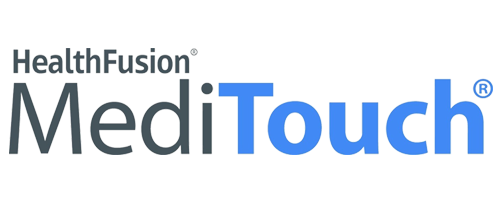



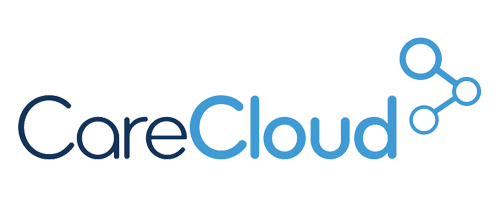
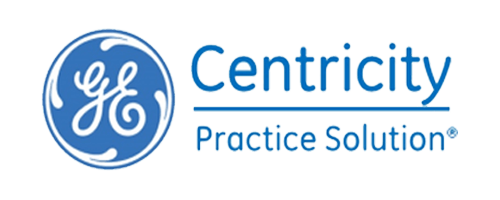


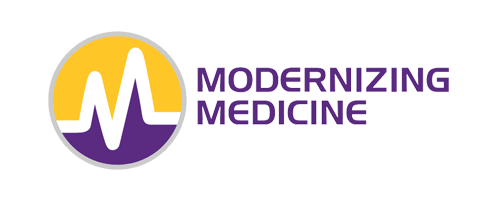



.webp)
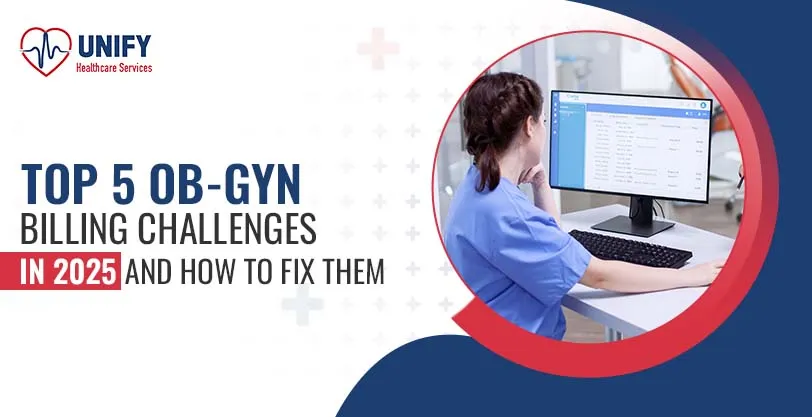


 1.jpg)
